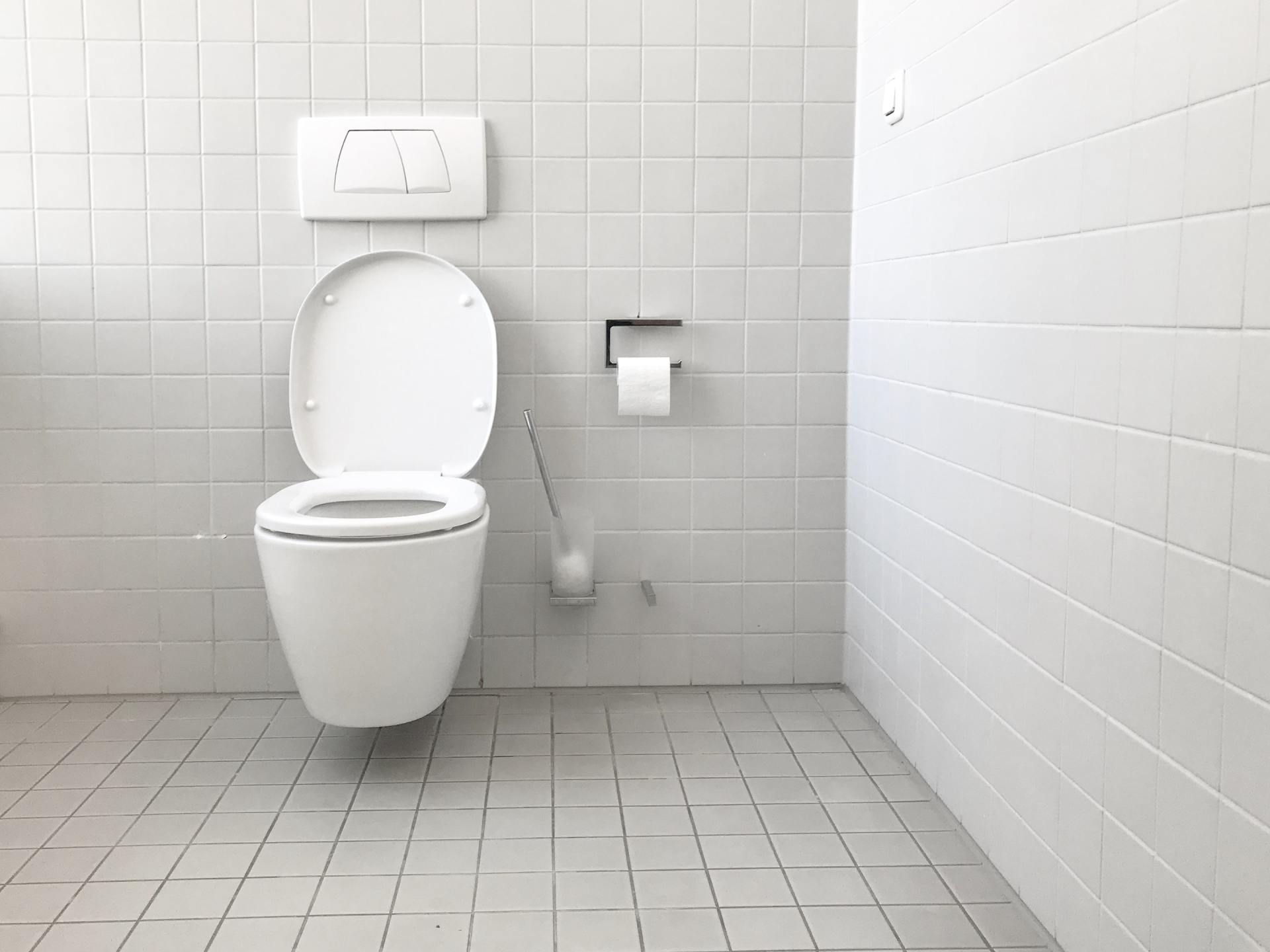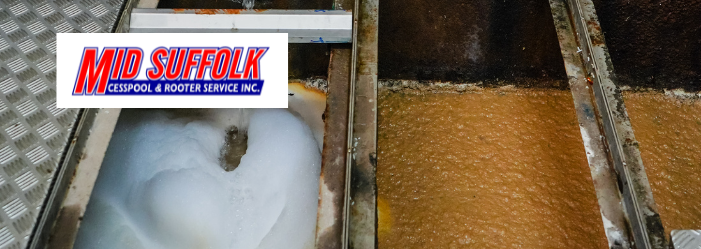How Your Septic System Works
February 26, 2021
This article will take you through how septic systems work, signs of septic tank failure, and how you should maintain your septic tank.
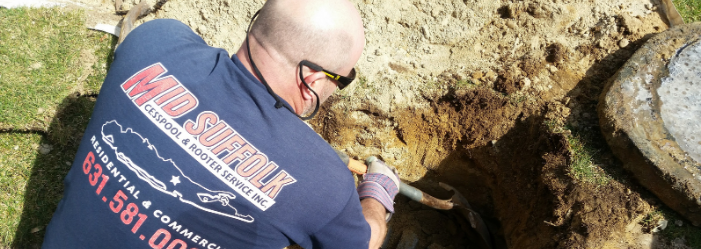
Septic tanks are underground containers constructed for the treatment of wastewater.
They are commonly found in rural areas without centralized sewage systems, as they are easier to install and
maintain. Septic tanks are built to be water-tight and are made from long-lasting materials such as
plastic, fiberglass, or concrete.
This article will take you through how septic systems work, signs of septic tank failure, and how you
should maintain your septic tank.
Steps of a Septic System
Septic systems make use of both natural materials and manmade technology to get rid of contaminants
in wastewater from domestic plumbing. It does this in a few steps:
Wastewater flows through a drainage pipe from your household plumbing system (including
your kitchen, laundry room, and bathroom) to your septic tank.
Solid materials sink to the bottom of the tank and are broken down into gas and sludge by the
bacteria there. Oils and grease float to the top and form a film of scum.
Wastewater, or effluent, then flows into the drain field. Usually, a drain field consists of a series
of sloped, perforated pipes submerged in gravel. The wastewater drains out through the holes
in these pipes into the gravel, and from there, it dissipates through the soil surrounding the
drain field.
In the soil, aerobic bacteria break down any remaining waste, removing contaminants and
viruses.
Signs of Septic Tank Failure
So long as your septic system is designed well and installed correctly, it can last for many—providing you
maintain it properly. If you notice any of the following signs, it could be that your septic system is
beginning to fail:
- Damp spots or puddles of stagnant water by your septic tank
- Strong smells from the septic tank or its drain field
- Gurgling sounds from your household plumbing system
- Water draining slowly in your home’s plumbing systems
- Sewage backing up in your drains, sinks, or toilets
- Remember to keep an eye out for these symptoms, or else you risk the possibility of contamination and
- extensive—and expensive!—water damage.
How to Maintain a Septic Tank
To ensure your septic tank system is in tip-top condition, make sure to have it inspected by a septic
service professional every three years.
You should also make sure your tank gets pumped regularly by professionals like Mid Suffolk Cesspool Services.
The tank may need pumping as often as once a year, or as little as once every two or three years.
This depends on such factors as the tank’s size, how many people are in your household, and how much wastewater is going
through the septic tank system. Your septic system inspector will be able to give you an idea of how
often you should have your tank pumped.
We hope that this article has given you all the essential information you need. Keep an eye out for those
warning symptoms and remember—always consult a professional for your tank’s cleaning and
maintenance. If you need service, reach out to us today call 631 250 8036

The best thing you can do to prevent overflows is to keep your cesspool clean. Instead of lifting the lid to check and letting noxious gas escape, you can install an alarm that warns you when the cesspool is at a certain capacity.
Be proactive. Contact us and get your cesspool cleaned out before the holiday season takes over!

Cesspool septic systems are built to last, but sometimes they can run into issues, especially if they aren’t pumped every few years. If you are noticing signs of a cesspool emergency, such as water coming back up through the drains in your house, it’s important to know what to do (and what not to do).

It’s summertime… the weather is hot, the air is humid, and severe thunderstorms are rolling across the nation. Perhaps your septic maintenance is the last thing on your mind. If so, we’d like to change that! With the extra humidity and rainfall that occurs in the summer, you need to make sure your septic system is in good condition. Otherwise, you risk getting into a very stinky situation.
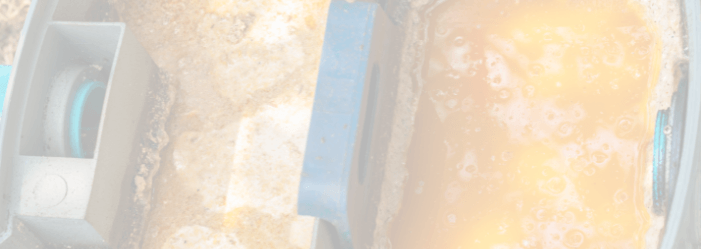
Grease traps are an important part of any business offering food, baked goods, or related services. When working in the food industry, whether you’re a restaurant or bakery owner, you deal with many fats and oils. Grease traps may be standard equipment there to help you stop grease in your wastewater, but it has a lot of importance to your business.

When your home has a septic tank, it’s crucially important to keep on top of routine maintenance. Otherwise, you run the risk of contamination and water damage. If the tank is not well looked after, you could end up having to pay a hefty price later down the line to fix any problems that come up.
But sometimes, even in spite of our best efforts, problems do arise. That said, you should learn how to identify common septic emergencies early on so that you can catch them before they become a major problem.
So, what is a septic emergency, and how can you spot them? If you want to find out, then read on

Bath bombs have long been a popular way of sprucing up your soak. Perhaps you received some bath bombs for Valentine’s Day, perhaps they were a birthday gift, or perhaps you just had a long week at work and decided to treat yourself. But before you fill up that tub, it might be worth considering what bath bombs could do to your plumbing.
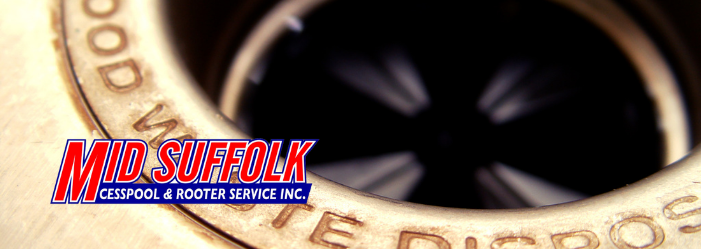
Having any plumbing problem at all is usually unpleasant, mainly because it happens at the least unexpected time. But it becomes even more frustrating when you accidentally cause the problem with your own two hands.
We all know that you’re not supposed to pour grease down the drain — but did you know that there are lots of cleaning products that are bad for your drain as well? If you want to avoid blocking your drain with the wrong cleaning solutions, read on!


